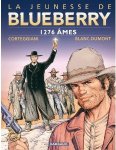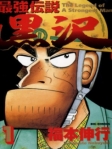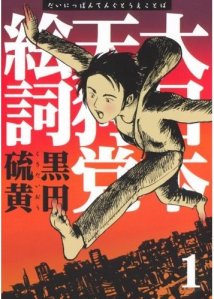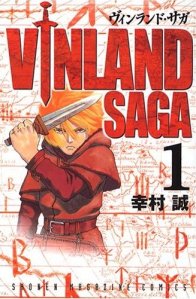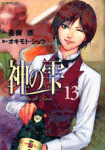I know I’m getting my Kübler-Ross all out of order. I started with anger, then moved on to depression, and now I’m going to backtrack to bargaining. These are confusing times. And while it seems kind of ghoulish to be looking for new homes for orphan titles, one does what one feels one must, you know? Everyone has their own unfinished CMX title that they’d most like to see rescued, so I’m going to focus on three.
First up is Usumaru Furuya’s 51 Ways to Save Her, which generated a lot of excitement when it was announced. It’s a survival drama, which is always promising, but more important is the fact that it’s by the gifted, bizarre Furuya. There just isn’t enough of his manga available in English, and while I would have loved to see CMX be the one to rectify that, I’d be equally happy to see Vertical swoop in on a rope, cutlass clenched in its teeth.
The other two titles are CMX’s classic shôjo offerings, Kyoko Ariyoshi’s Swan and Yasuko Aoike’s From Eroica With Love. The most logical target for these titles is Fantagraphics. They’ve tasked shôjo scholar Matt Thorn with establishing a manga imprint, and Dirk Deppey was just bemoaning the fact that Swan would go unfinished. I’m not asking them to start over again, and Swan’s Shueisha origins might be tricky for Shogakukan-affiliated Fantagraphics to navigate, but it would be a lovely gesture to fans of classic shôjo. It would also seem like an enticing opportunity for Fantagraphics to clean up some of DC’s messes and then gloat about it. I’m just saying. Aside from the fact that classic shôjo doesn’t sell very well, it seems like a solution with no down side.
I don’t even know where to start with awesome Hakusensha shôjo like My Darling! Miss Bancho and Stolen Hearts that really just began, but maybe Yen Press would like to beef up its shôjo offerings? They could put those profits from Twilight and Black Butler to really good use.


